How to Select the Right Microcontroller for Your Embedded System?
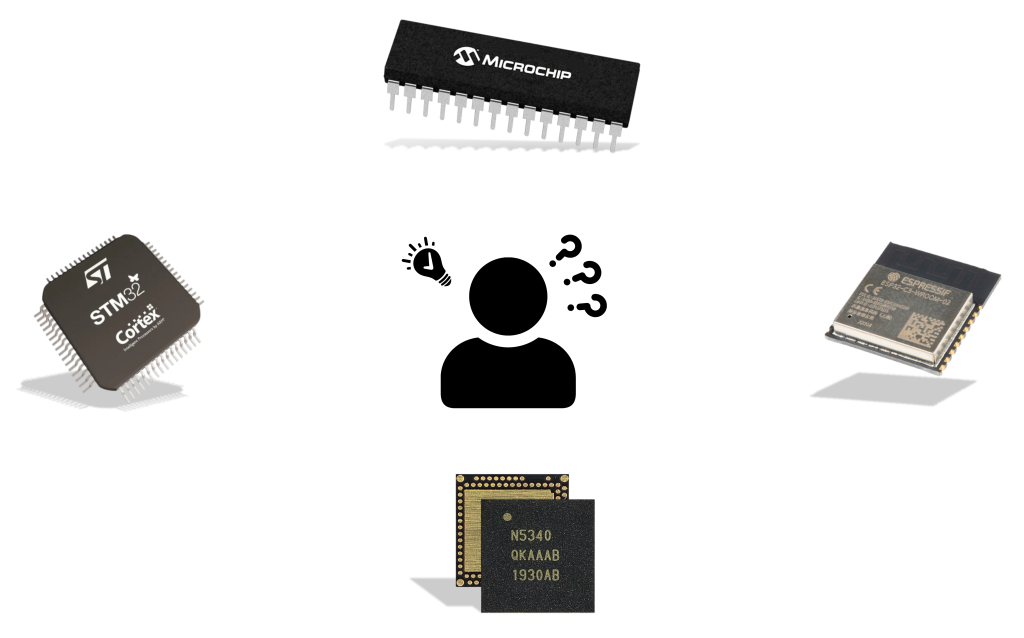
Choosing the right microcontroller is like laying the foundation for your embedded system—get it wrong, and you risk delays, cost overruns, or an outright redesign. The microcontroller (MCU) you choose will determine not just the technical feasibility of your product but also its cost, scalability, and long-term reliability. And there is no free lunch and […]
Design Guide for Battery Safety in Wearable Electronics

Wearable devices often use Lithium-Ion or Lithium Polymer batteries, which have a high flammability risk. This is due to higher energy density and the use of flammable electrolytes inside Lithium-based batteries. Safety against fire and explosion is critical in wearable and consumer electronic devices (this goes without saying). But how do the designers ensure highest […]
eSIM – Its Benefits & How to Integrate it into Your IoT Hardware
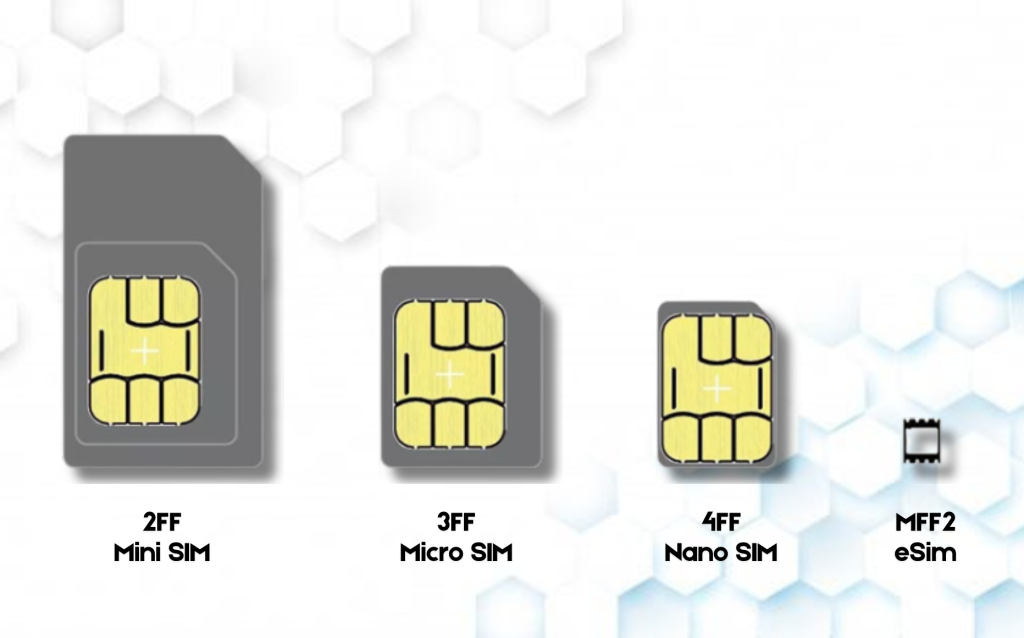
An eSIM (embedded SIM) is an alternative to a traditional SIM (Subscriber Identity Module) card. Unlike traditional SIM cards, eSIMs do not require physical swapping to be reprogrammed for a different cellular network provider. In this blog, when we refer to eSIM, we mean an IC that can be soldered onto your PCB, such as […]
What is Model-Based Development – and How to Use it For Generating Production-Ready Code?
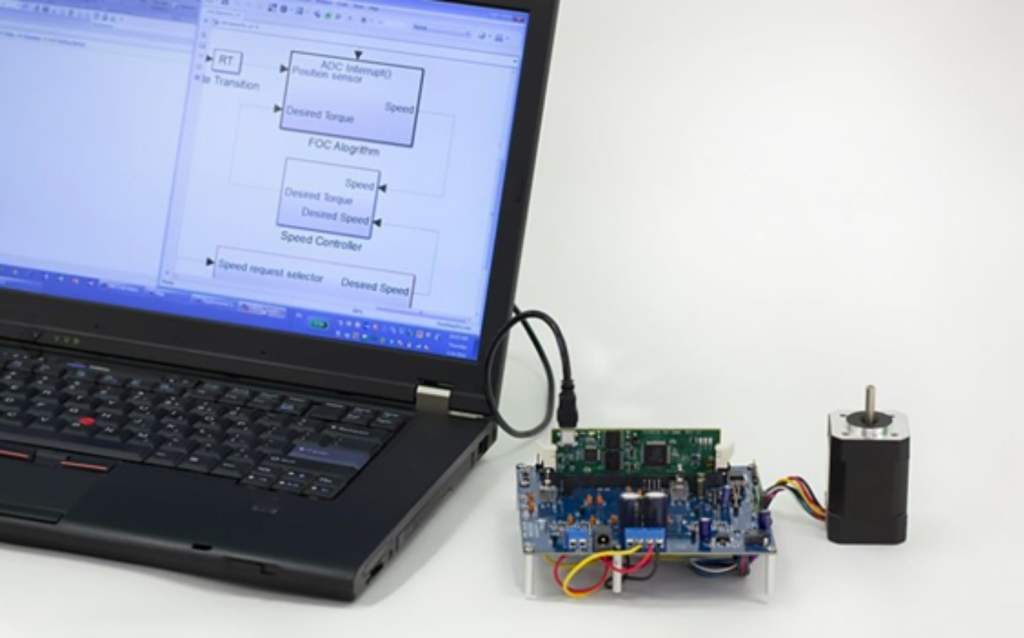
Model-Based Development (MBD) offers a way to design embedded systems by using visual models instead of traditional coding. Model-based development tools generate production-ready code, reducing manual errors and compliance issues. This guide will walk you through the basics of Model-Based Development, its advantages, challenges, risks and a tutorial for developing embedded systems from start to […]
The Tool We Use for Better Code Documentation – Doxygen

Doxygen is a documentation generator that creates detailed (HTML, LaTeX) files from source code comments. It supports multiple languages, including C, C++, Java, and Python, providing insights into your project’s structure, classes, functions, and variables. This tool help developers maintain clear, up-to-date documentation as the projects evolve. Picture Credit: https://www.educba.com/doxygen/ What are the risks of […]
How 4 Small (Management) Mistakes Delayed Our Hardware MVP by 6 Months
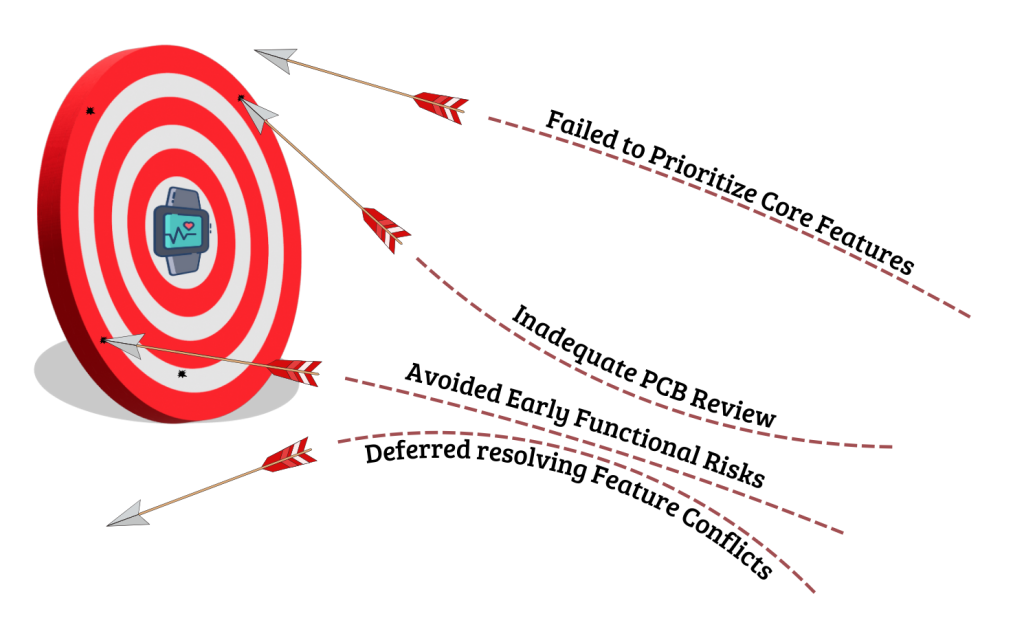
It started with an unrealistic promise. The device we were building had technical challenges (like many new hardware products do). The only problem; our team underestimated the challenges. When a product requires small size, precise GPS performance, low power consumption and low cost of production and beautiful aesthetics, ALL in one. This is possible; and […]
From Chaos to Control: How Software Architecture Tames Complexity in Embedded Development

Software architecture in embedded development outlines the design, organization, and interaction of software components. This article will give you a brief intro to software architecture in embedded systems. Source: ST Microcontroller The Problem with No Clear Architecture: Spaghetti Code and Nightmares Developing software for an embedded system without a defined architecture can feel like wrangling […]
Solve Complex Bugs on Zephyr by Streamlining Debugging with SEGGER Ozone and SystemView
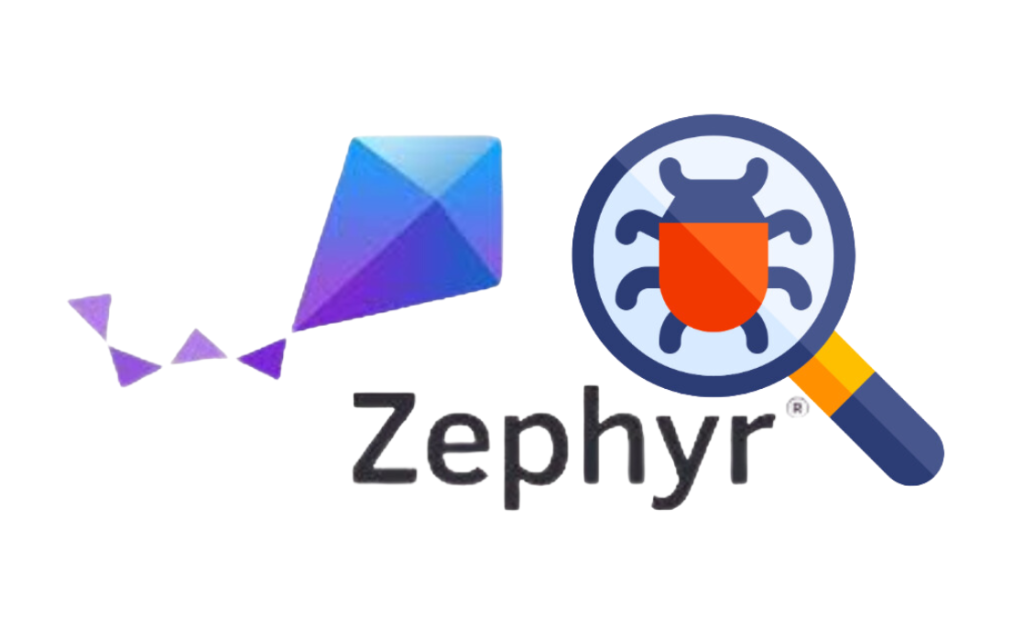
“printf debugging” might work for writing simple Zephyr applications, but sophisticated tools are needed as Zephyr applications grow in complexity. This guide introduces advanced debugging techniques using SEGGER Ozone and SystemView, which provide deeper insights and control for developers working with Zephyr’s Real Time Operating System (RTOS). The Need for Advanced Debugging Tools: As developers […]
Why is J-Link our Favorite for Embedded Systems Debugging?
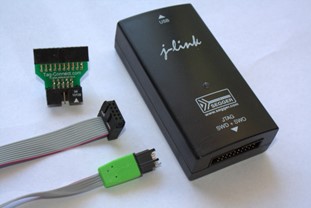
Source: tag-connect Efficient debugging accelerates development. SEGGER’s J-Link debug probe stands out as a great tool for debugging embedded systems. It is suitable for both beginners and advanced developers. Introduction to J-Link J-Link is a debug probe developed by SEGGER, providing JTAG, SWD (Single Wire Debugging), and fine-pitched ICSP interfaces. Source: logicpower It is recognized […]
MQTT: A Basic Guide for IoT Developers
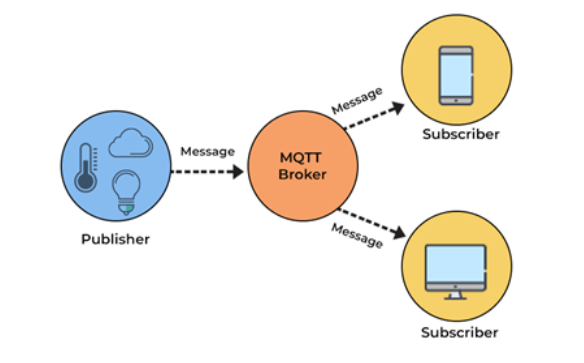
MQTT: Communication Standard for the IoT (Image Source: spiceworks) What is MQTT? MQTT, Message Queuing Telemetry Transport, is a communication standard often used in scalable and responsive IoT systems. It is a light weight IoT messaging protocol that ensures reliable and secure communication over unreliable channels. It is an event-driven protocol that uses the Publisher/Subscriber […]


